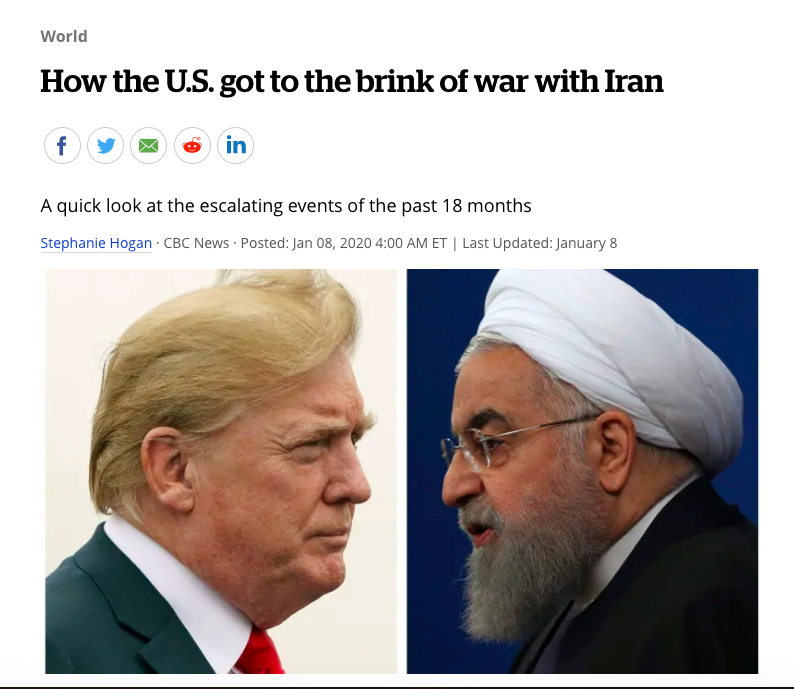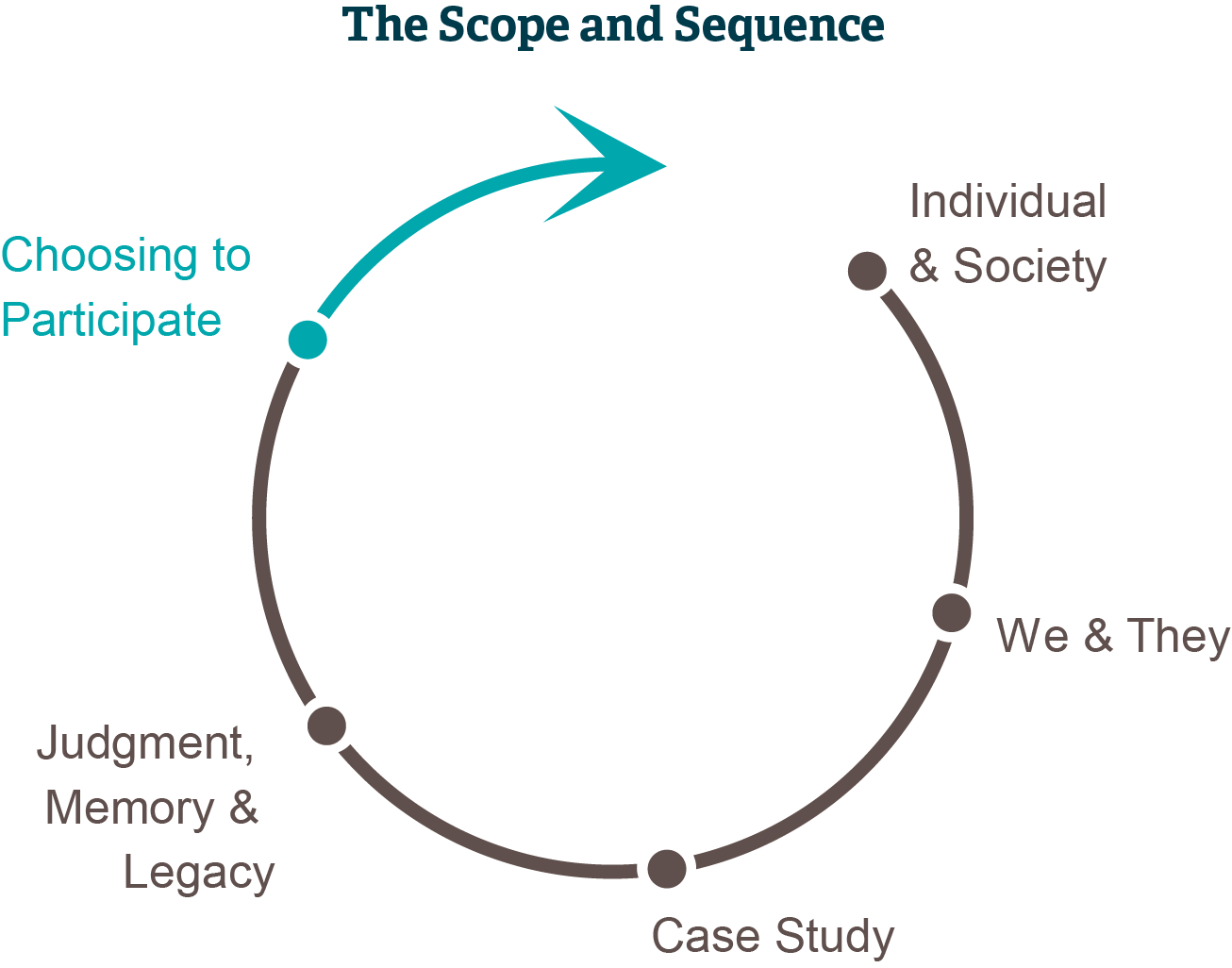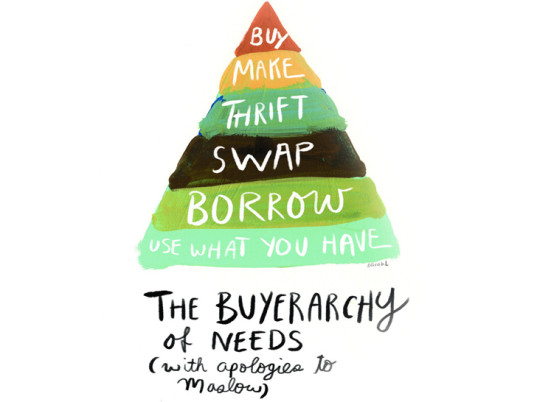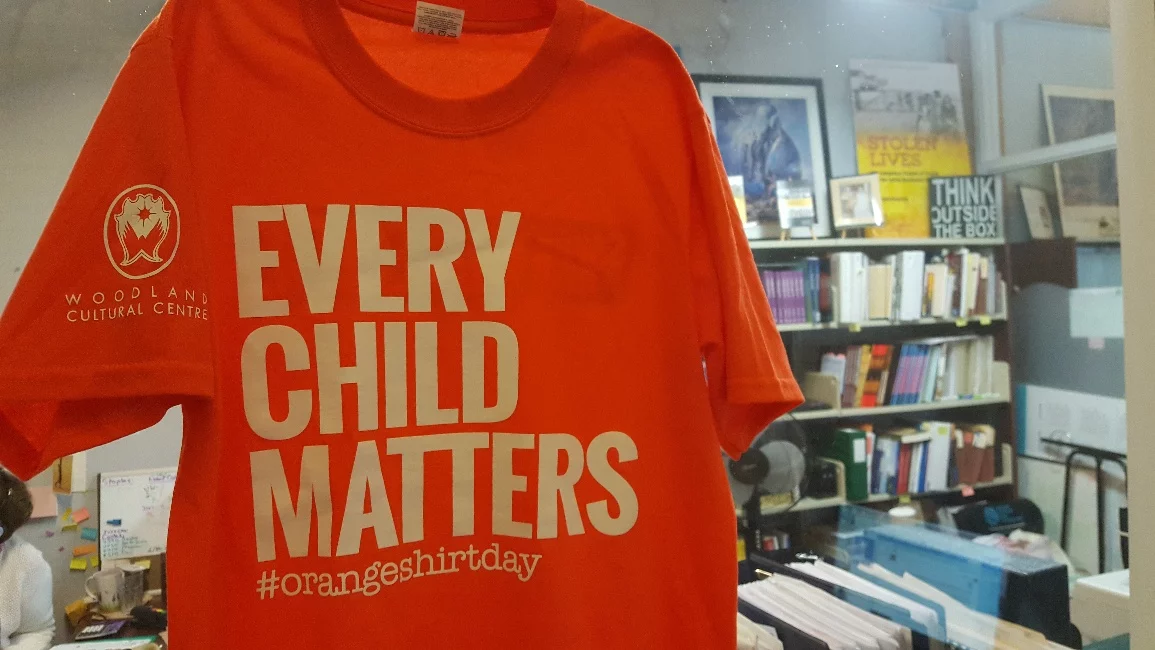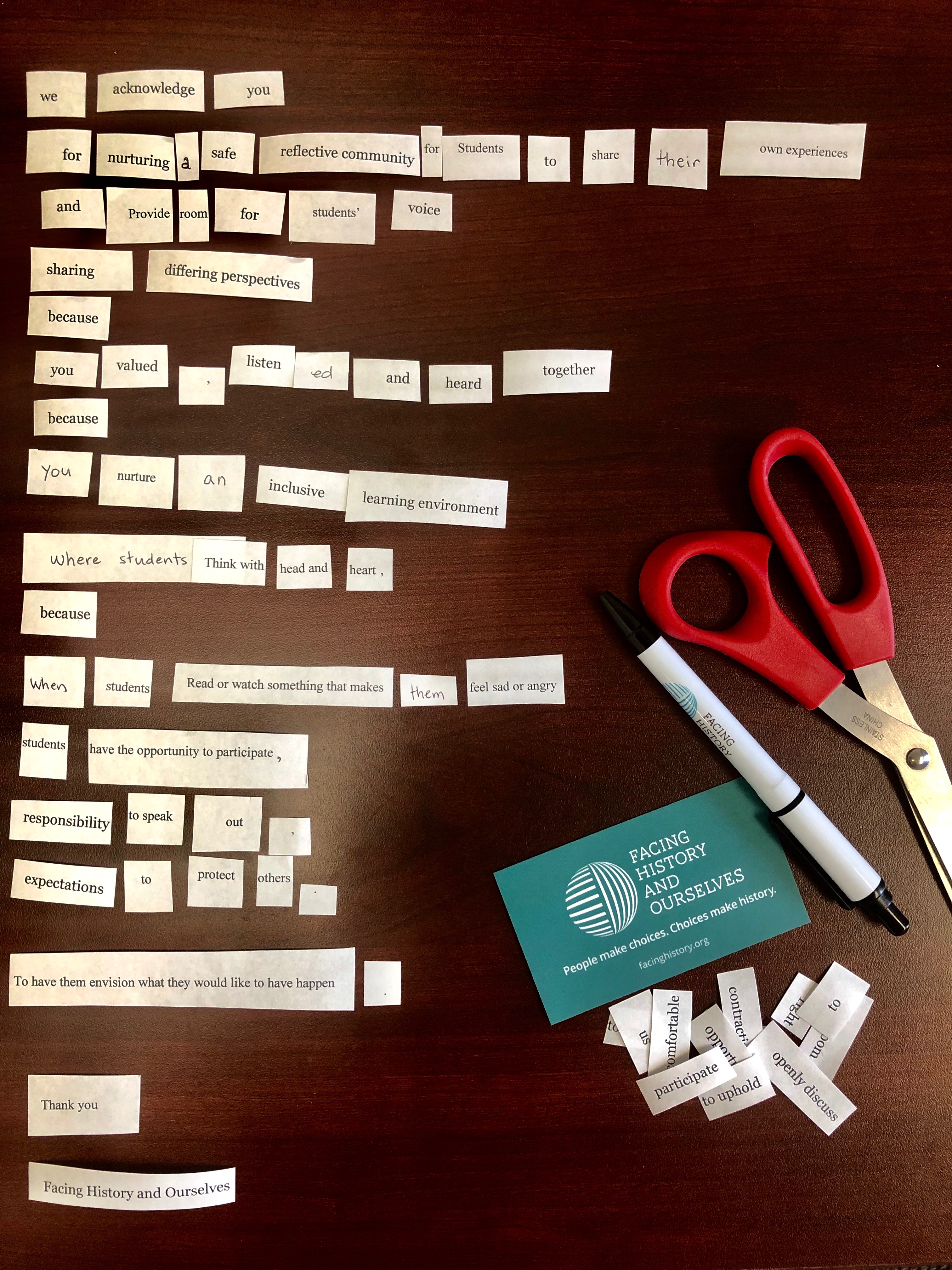If you have ever travelled to Brantford Ontario Canada, you might have been excited to visit the home of Alexander Graham Bell to learn about the invention of the telephone. You might have come for a hockey tournament and had the privilege of meeting Hockey Legend Wayne Gretzky’s father Walter, who loves hanging out at the rinks. You may have picked up brochures with beautiful pictures of the Grand River or did research about Joseph Brant, who was the negotiator between the Mohawk and British during the American Revolution. But you might not know that Brantford is the home of the first residential school in Canada; that the building still stands with the names of children carved into the bricks and that it is one of the few residential school buildings still standing in Canada.
Honouring Reciprocity and Survivors of Canada’s Residential Schools
Posted by Lorrie Gallant on February 24, 2020
Topics: Art, Survivor Testimony, Residential Schools, Indigenous History, Culturally Responsive and Relevant Pedagogy, Indigenous, Lesson Ideas, Facing Canada, Creative, Woodland Cultural Centre
A Valentine's Day Love Letter to Fellow Educators (and to Facing History and Ourselves)
Posted by Lindsay Hutchison on February 13, 2020
Over the past number of years, I have developed quite a lot of love for Facing History and Ourselves. So much so that I thought this Valentine’s Day I would share my love to other educators by sharing five incredible resources, approaches and strategies that Facing History and Ourselves has to offer that I hope will be a gift to fellow teachers and to your classrooms.
Topics: Students, Human Rights, Facing History Resources, Teaching Resources, Teachers, Genocide and Crimes Against Humanities Course
Courageously Confronting 'World War III' and Current Events in Your Classroom
Posted by Leah Mauer on February 3, 2020
It can be difficult to discuss current events in your classroom, especially if you feel as though you are not an expert on the topic. Leah Mauer, a Toronto District School Board educator, takes us through her thought process mid-January as she decides to overcome her discomfort and confront her students' fears and questions about 'World War III'.
Topics: American History, current events, Grade 10 History, Growth mindset, Contemporary Issues
With the holidays approaching many of us are busy organizing family dinners, making or buying gifts for our loved ones and maybe even preparing for travel. As we anticipate this festive time of year, it can feel like the weeks are passing extra quickly with little time to slow down and savour the moment. Before you and your students break for the holidays, I wanted to leave you with a few ideas to spur reflection and personal growth in yourself and your students - ideas I hope will bring new energy into the new decade.
Topics: Choosing to Participate, classroom lesson, Holiday lesson
2 Mini Lessons for When Your Students Have Checked Out for the Holidays
Posted by Erez Zobary on December 18, 2019
Lesson #1: Reflecting on Our Consumption Patterns: How to be a more conscious consumer
(30-35 minutes)
Topics: Choosing to Participate, classroom lesson
No PowerPoints, No Prezis: A Creative Genocide Course Inquiry Project
Posted by Lindsay Hutchison on November 19, 2019
In this blog post, British Columbia educator Lindsay Hutchison shares how she engaged her Genocide 12 course students in an inquiry project on resistance during the Holocaust. She walks us through the design and reflection behind this project and shares her assignment outline and several of the students' creative responses.
Topics: Genocide/Collective Violence, Holocaust Education, resistance, Genocide and Crimes Against Humanities Course, Holocaust and Human Behaviour, Inquiry, Creative
Exploring the Holocaust and Jewish Refugees’ Journey to Canada through Interactive Digital Learning and Creating
Posted by Elise Bigley on October 16, 2019
In a Facing History and Ourselves classroom, teachers are often developing creative ways to engage students in learning history. In this blog post, Elise Bigley tells us how she created a digital game- and invites students to create their own digital game- to deepen student learning from primary testimonies and source documents. She introduces us to the Vancouver Holocaust Education Centre's incredible archive of the experiences of Jewish refugees who were deported from Great Britain as enemy aliens during WW2 and interned in prison camps in Canada. These stories allow us to uncover a lesser-known moment in Canadian history and raise important questions about stereotypes, racism and the choices we make towards those who arrive at our borders.
Topics: Refugees, Holocaust History in Canada, Digital Learning
Remembering Missing and Murdered Indigenous Women, Girls and Two-Spirited People on October 4th
Posted by Paul Sabyan on October 5, 2019
For the past few years, my school community school community at St. Joseph’s College School in downtown Toronto has recognized October the 4th as a day to honour the Missing and Murdered Indigenous Women, Girls and Two-Spirited People. Since 2017, our school community has worked collectively to use art and activism to spread awareness around this day in hopes of creating change. This is an important issue to us; being a school for girls and young women, gendered violence resonates particularly with our student population.
Topics: Art, Choosing to Participate, Indigenous, student activism, mmiwg
Five Teaching Ideas for Whole School Learning this Orange Shirt Day
Posted by Erez Zobary and Jasmine Wong on September 26, 2019
some words before the video
As your school commemorates Orange Shirt Day this year, we hope these 5 resources and teaching ideas will equip you to teach your students (and colleagues) about Canada's Residential Schools, and inspire and empower students to create a meaningful response.
Topics: Choosing to Participate, Teaching Resources, Truth and Reconciliation, classroom lesson, Indigenous, Lesson Ideas, stolen lives, Orange Shirt Day, cross curricular teaching and learning
Dear Teachers: We start this year by recognizing all that you do
Posted by Jasmine Wong on September 11, 2019
Welcome back to another school year! We are so excited to work with you for a fresh new year of learning, and growth. We want to start with words of appreciation for the work that you do and the relationships that you forge with your students, so we created a found poem for you using the text from a strategy so many of you start your school the year with: contracting for courageous and reflective spaces.
Topics: Events

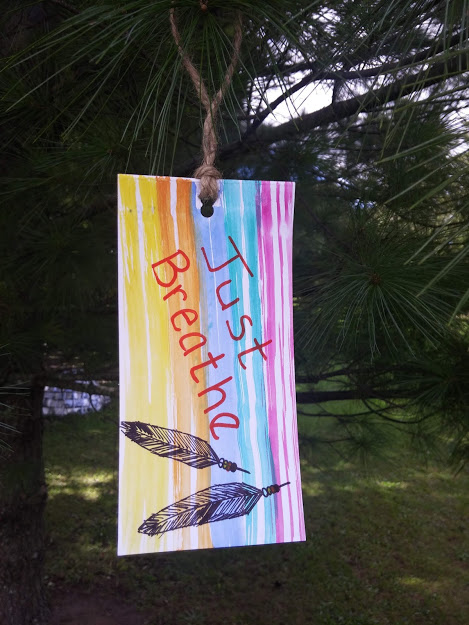
.png)
